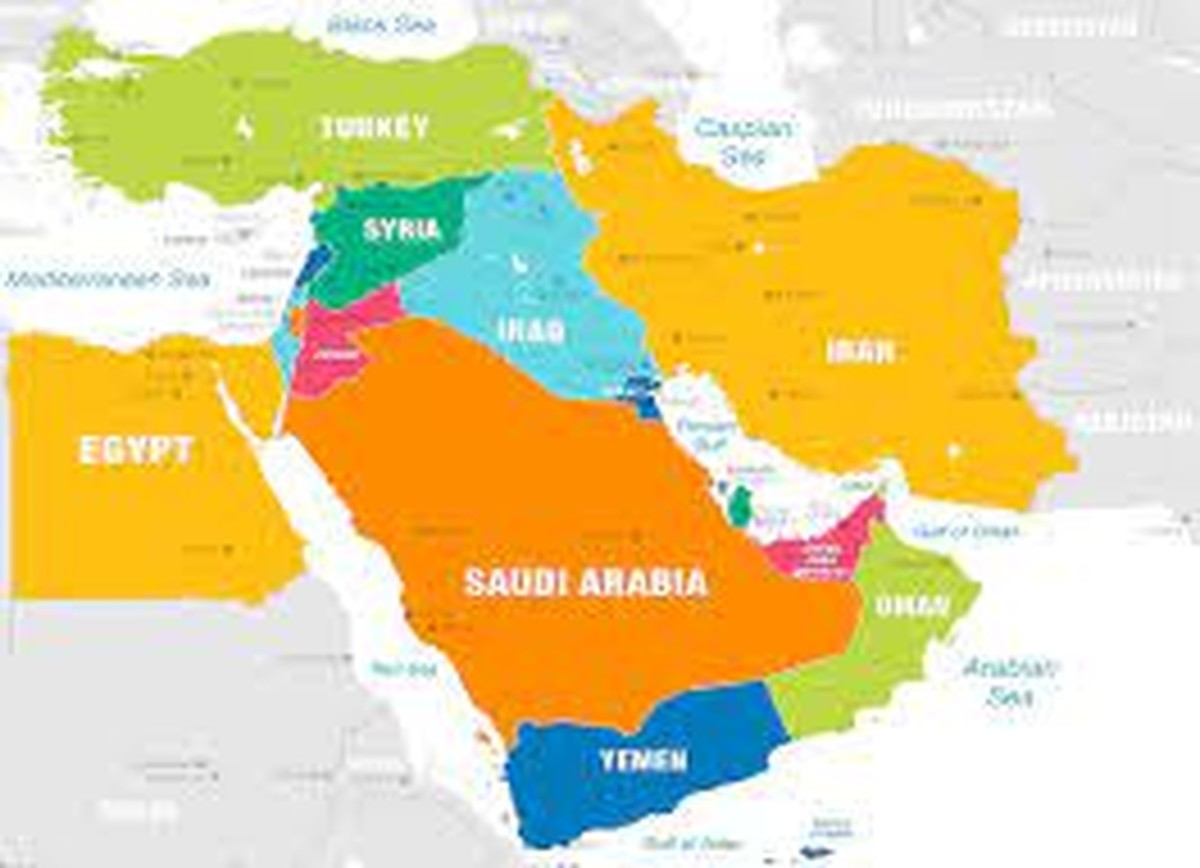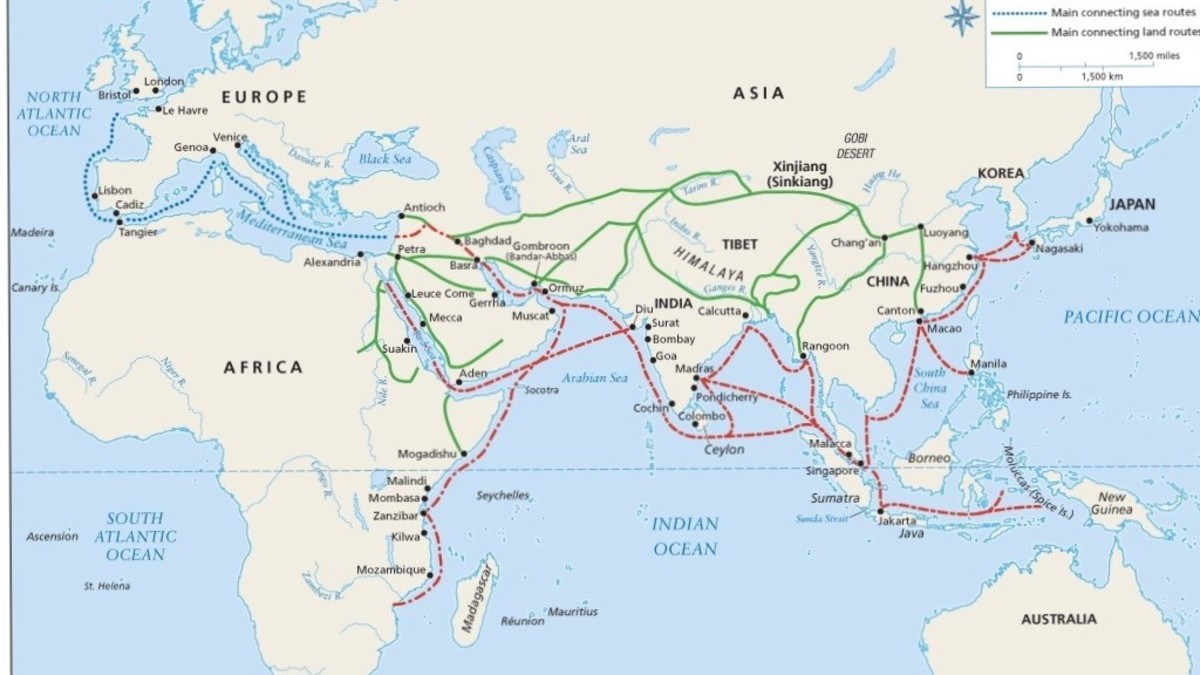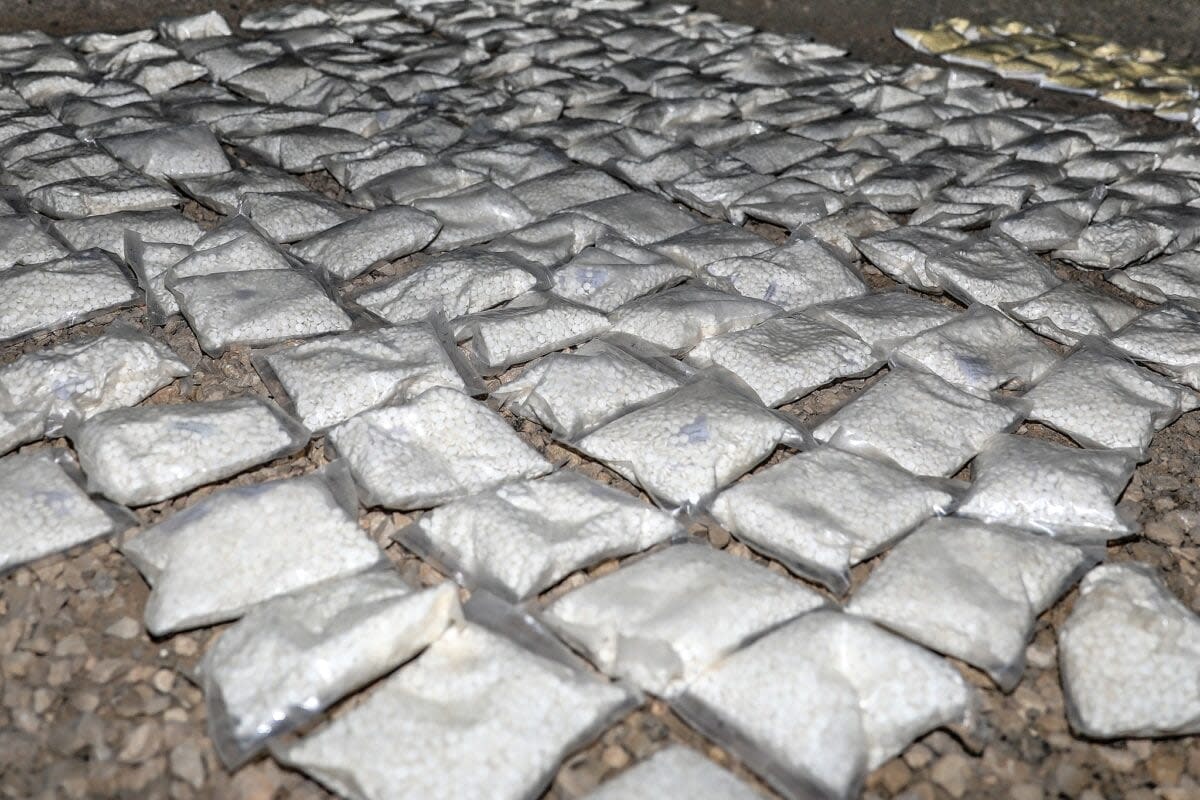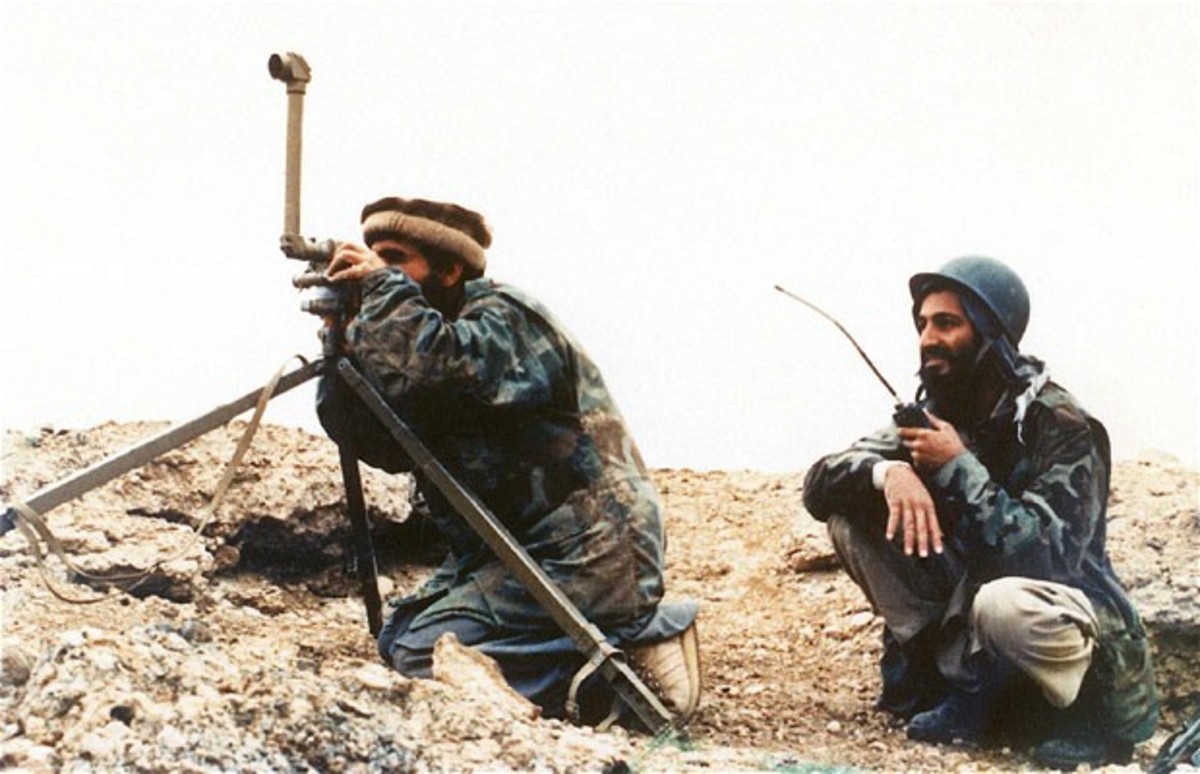Syria and Lebanon
Battle Scars at Beirut's Holiday Inn

Syria: Out of Control
Let's look at the map. Next door to the west of Syria is Lebanon. To the south, Israel. To the east, Iraq. It has other neighbors as well, all of which, on the weekend of November 13th, remained undisturbed. If it were possible to keep a scorecard of viiolence generated by the Middle East, as though it were a macabre electronic game, what would it look like? Perhaps circles and zeroes would denote inactivity and activity in boxes next to the names of various nations. Certainly, France's box would display an "x". France has been targeted before, years prior to the attack on the World Trade Center. Recently, France took a rather casual stance vis-a-vis Islamism. It is, after all, a decidely Christian nation. An irreverent drawing of the Prophet Muhammed, for which it never repented, ignited an act of hideous violence. Clearly, terrorists are psychos. Something similar happened years ago in New York City prior to 9/11. Terrorists incompetently attacked the World Trade Center, sending New Yorkers into the streets coughing their lungs out. Later, a more competent team came back, this time with a cunning, suicidal, unprecedented act of aggression. Do these events form a pattern? How does the terrorist mind work? For one thing, it is not risk-averse. For another, it has no conscience.
ISIS, ISIL, or, simply, the Islamic State, has not noticeably engaged fellow terrorist groups with which it has key differences. For instance, it has not harrassed Hezbollah, just miles away from Syria, in Lebanon. In the future, if successful, the Islamic State will move on Lebanon, to a significant degree controlled by Hezbollah, in order to spread the caliphate, should it become a reality. As to the trendy question, who's hot? who's not? The latter would correspond to Hezbollah. Yet, over time, it has managed to deflect the stereotypical image of rudderless radicals with deadly hardware by a history of charitable gifts. Naturally, its bias in favor of Islam leaves little place in its world view for Christianity. Still, it has no choice but to endure many deeply entrenched branches of Eastern Christian Churches. Nevertheless, this is the Middle East. It is always changing. A recent article by the Council on Foreign Relations intimates that the Islamic State is more or less minor league. True enough, it is only 30,000 strong with less than ten billion per annum in revenue. It is okay. But it does not quite measure up to the older groups. Still, the CFR might want to revise its hasty assessment on the basis of recent events.
Merjeh Square, Damascus
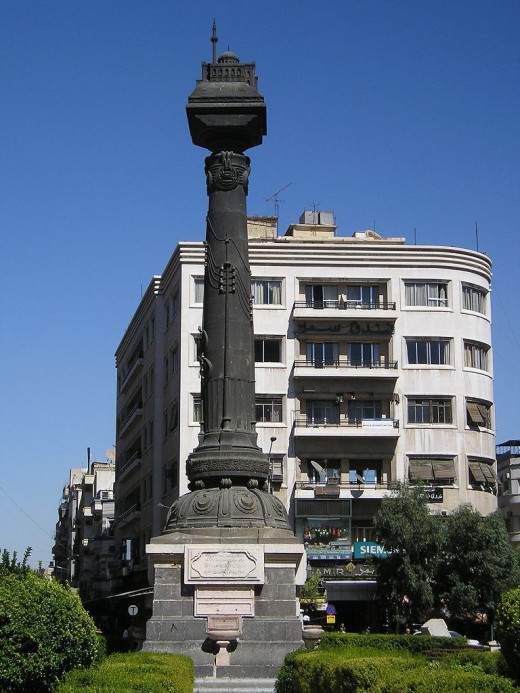
Before Syria, Lebanon
Lebanon was probably the first country in the Middle East in modern times to in effect "go under". Its Civil War began in 1975. The war lasted until 1990, but the country has never been the same. Hundreds of thousands simply left and never returned. Thousands more were displaced. Most dramatic of all was the invasion by Israel to root out the PLO, which had gained a stronghold in the south. The "surgical" aspect of the strike was an accidental boon to the formation in 1982 of Hezbollah, which, as predominantly Shia, disapproved of the militant Palestinians. They did not reach maturity as a terrorist group, however, until Israel finally decided to withdraw in 1985. It might have wanted more Syrian support than it got, but Syrians in power were a mixed lot. Some preferred, upon occasion, to interrupt the Lebanese political process with blatant shows of force majeur. It is not a good neighbor. Nonetheless, there are instances in the historical record during which Syrians were asked to intervene by Lebanese factions facing a loss of power. At present, with ISIS next door, mostly Sunni, Shia Hezbollah undoubtedly has its own agenda.
A combination of unified forces -- Maronite Christians, Druze, and Sunni militants -- could, conceivably, cause Hezbollah concern. Lest anyone pity the elder terrorist group, bested in the news by the Islamic State and Boko Haram, et. al., consider a Navy report that places its extensive network throughout the Middle East, West Africa, and South America, too. It is currently kidnapping, holding hostages, murdering, smuggling, money laundering, drug and human trafficking, and deep into an assortment of additional crimes. It is also wealthy, supported by sympathizers in Syria and Iran. Over the years, it has been able to acquire numerous deadly, high-rated, military-grade weapons. It is well-equipped with Kayusha rockets. But what is most remarkable is its ability to play the angelic role in the lives of Lebanese citizens, whom legitimate governments cannot offer as much help. For example, it donates to hospitals. It has, in the past, compensated those who lost homes to Israelis, whom Hezbollah, every now and again, provokes, thus playing both ends against the middle.
Bahrain: Protesters trample US and Israeli Flags

The Greater Enemies
Like the PLO before them, Hezbollah has not been able to effectively fight Israel. The same can be said for Hamas, as well as ISIS, which does not even try. As terrorists, they cannot negotiate. Their only option is to conquer. These groups, make no mistake, are troublemakers, not to be underestimated. Still, subtract the elements of both fear (which they inspire), and surprise (toward which they aspire), and they are much more vulnerable than invincible. All these groups, as well as several rogue nations, first and foremost Iran, would destroy Israel if they could. Instead, they lash out with words, chants, and videos. It is not necessary, by the way, to employ nuclear weapons, to accomplish the deed. In fact, the acquisition of a nuclear bomb, as in the case of Iran, by no means guarantees the destruction of Israel. The prophets left Israel's fate up to God. It could be good or bad, but never utter destruction. Since terrorists cannot do better than capture or kill a few Israelis every so often, they have aimed elsewhere. The secondary target is the U.S.A. Once again, it is important to acknowledge frustrations and limitations. Since they merely threaten the U.S.A., they prefer Europe, already badly infiltrated.
It is hard to say if they would be better off or worse off were they stronger. A chief objective is the relative safety and security of propaganda. Ranting againt Israel and the United States regularly catapults demagogues into power. What would they do without their greater enemies? From their gullible followers, they can always count on a predictable response. Fortunately, for them, they need not worry. They cannot defeat either nation. But they have shown an ability to inflict injuries with only intermittent interruptions. What are we, as ordinary people, to do in between actions? Are we to simply wait upon the next IED or rampage?
Russian Church in the United Arab Emirates
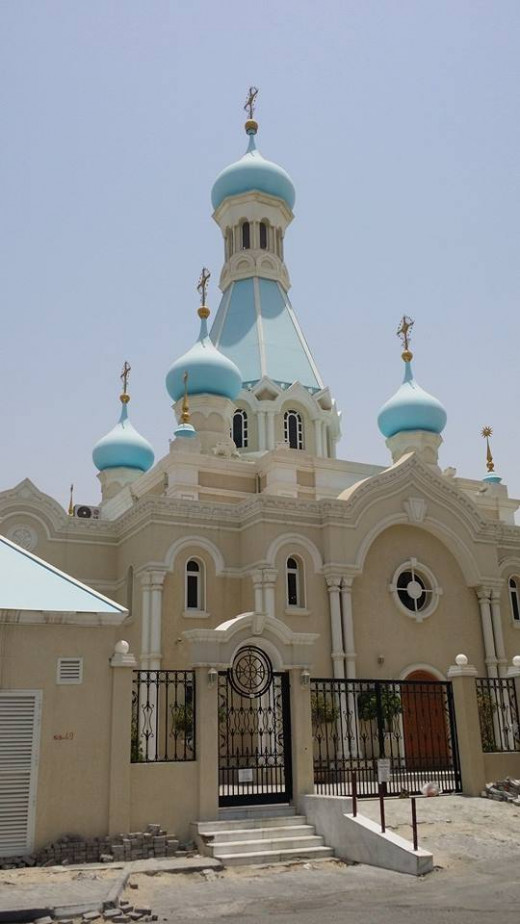
Confusion
This is probably the main element of Lebanese and other Middle Eastern problems over the years that is useful to the Westerner who wants to understand. Simply learning the names of the various factions at war with one another as well as their religious affiliations is a monumental task. Nevertheless, journalists are on it. In print, on the air, and probably in conversation, too, commentators and politicos are getting more and more sophisticated. The Middle East is nothing like Europe, but it is still divided into nations, along with citizens and governments. One can understand our reluctance to get involved. It makes perfect sense. But to allow either Russia, or a terrorist group, to gain ascendancy, is not in America's best interests. We are not liked, but we are, rest assured, the better alternative.
The memoirs of a Russian diplomat tell the unhappy tale of Gamal Abdel Nasser's unsuccessful attempt to unite a pan-Arabic Middle East. It was propped up by Soviet technicians and state-of-the-art equipment. All the same, it ultimately failed. Neither a universal Muslim brotherhood nor a rather flightful, fanciful formation of a unique form of Communism, specifically designed for the Middle East, ever materialized. It is the same with a Caliphate. Some terrorists think that it is only a matter of time, a done deal, and an irresistable idea. They are totally wrong.
Syrian Refugees in Budapest

The Lessons of History
What are they? A timeline on Lebanon begins in 16,000 BC. The more one reads up on the subject, the more one realizes how much background there really is to today's events or non-events. An interpretation claims the original Lebanese were Canaanites. The Old Testament states plainly how they had to be subdued -- even then! Interpretations can range widely and wildly as to what this means, since there also exists a school of thought on how the bible is not so much historical as ahistorical. It can be applied, as it so often is, to today as much if not more so than yesterday. From Egypt in 1500 BC or Europe in 1948, claiming and populating Israel is all one ongoing process. In any event, this same timeline is full of seminal developments. It takes a superior mind to pick and choose, from the entire listing, covering not just decades but millennia, and arrange on paper or in speech a comprehensible explanation of what has been and is now going on.
Particularly instructive are the major events of the 1975-1990 Civil War in Lebanon. The following is a suggested sampling.
(1) The assassination of President Bashir Gemayel. Gemayel was a Chistian Phalangist, succeeded by his brother Amine, to whom a Syrian was handed over, who reputedly confessed to the crime. He was a member of the Syrian Social Nationalist Party. What was his motivation? A claim on Lebanon as part of the nation of Syria. The main element to note, however, for the sake of this article, is the bold and brash interference of Syria in the internal affairs of another nation, with its own territorial integrity. Further, hundreds of Palestinians were massacred in retaliation for the doings of a non-Palestinian Maronite. Things really go crazy in the Middle East. In a more perfect world, no American would have to tango with them except laid back university professors teaching classes and writing books. Unfortunately, studying the Middle East is now essential in order to re-capture the peace and high spirits that was brought about not long ago by the end of the Cold War.
(2) In October 1983, suicide bombers destroyed the barracks housing 241 US Marines, who lost their lives. They were there to back up Israel's presence, which was already coming under serious attack, not just in Lebanon but verbally in the Israeli Knesset as well. Eventually, the pressured Premier, Menachem Begin, resigned. This tragedy has no doubt created a kind of syndrome, like that of Vietnam before it, which Operation Desert Storm did much to ameliorate.
(3) Hezbollah, literally the Party of God, begins to emerge as a new power. It is unquestionably a terrorist organization, replete with a leading cleric presiding over numerous men of an unthinkably violent nature. Partly to blame is the weakness of legitimate government, as well as organized religion, in the region. What happened to Lebanon is at present happening to Syria. Years have gone by and the latter nation has yet to re-stabilize.
(4) Hezbollah's hijackings were brutal and effective: in December, 1984, it killed two American passengers aboard a flight from Kuwait. In June, 1986, taking command of a TWA airplane gained for Hezbollah the release of over 700 prisoners.
On the other hand, just to be fair, Israel, during the incursion, was especially hard on Shia civilians, regarded as inferior to Sunni Muslims and some Christians. Further, there are a myriad of actions, not all of which relate directly to the Civil War, that merit attention in order to grasp the full extent of Lebanon's devastating implosion. That it is basically over is a distinct positive. But the idea of a similar length of hostilities, encompassing another fifteen years, taking place in Syria, from which the population is frantically fleeing, would be an unacceptable negative.



